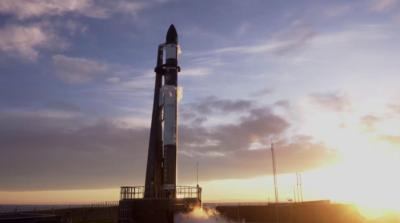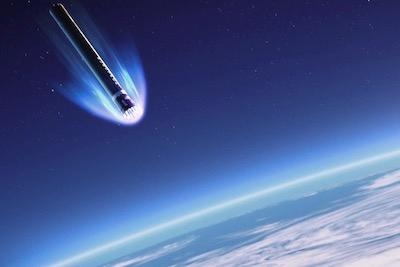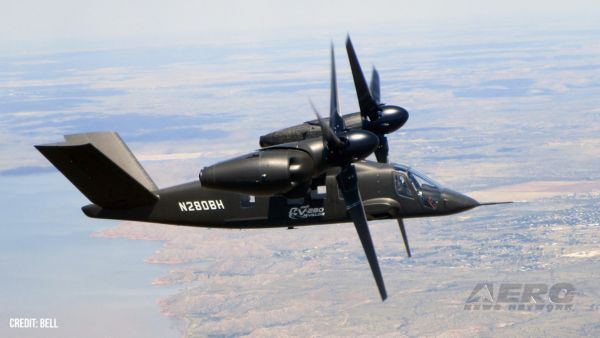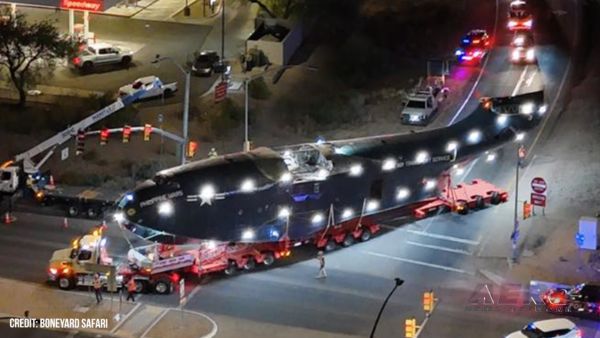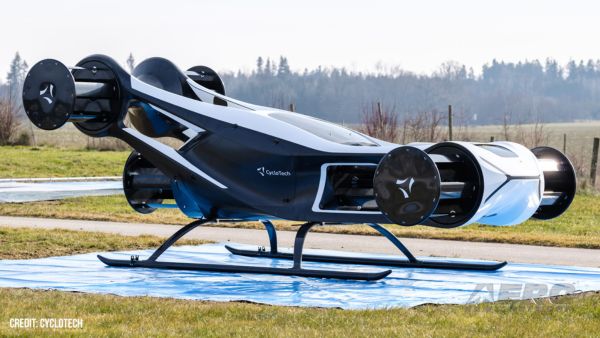Sat, Oct 23, 2021
Advertisement
More News
 ANN's Daily Aero-Term (05.17.25): Permanent Echo
ANN's Daily Aero-Term (05.17.25): Permanent Echo
Permanent Echo Radar signals reflected from fixed objects on the earth's surface; e.g., buildings, towers, terrain. Permanent echoes are distinguished from “ground clutter&rd>[...]
 ANN FAQ: Contributing To Aero-TV
ANN FAQ: Contributing To Aero-TV
How To Get A Story On Aero-TV News/Feature Programming How do I submit a story idea or lead to Aero-TV? If you would like to submit a story idea or lead, please contact Jim Campbel>[...]
 Aero-News: Quote of the Day (05.17.25)
Aero-News: Quote of the Day (05.17.25)
“The 737 MAX will diversify AviLease’s portfolio by delivering unrivalled fuel efficiency and market-leading versatility. It’s a powerful combination that will fu>[...]
 Classic Aero-TV: Jabiru's New J170-D - An Upgraded and Fine-tuned LSA
Classic Aero-TV: Jabiru's New J170-D - An Upgraded and Fine-tuned LSA
From 2017 (YouTube Edition): The Airplane From Down Under Is A Proven Trainer… Jabiru was one of the early light sport aircraft (LSA) brought into the U.S.A. when the sport >[...]
 Airborne-NextGen 05.13.25: Merlin Tests, Dronetag Accuses, Flying Car?
Airborne-NextGen 05.13.25: Merlin Tests, Dronetag Accuses, Flying Car?
Also: MQ-9B UAS MTC, FlightSimExpo, New JPL Director, Japanese Lunar Lander Preps Merlin’s flight testing campaign continues to rapidly progress with its certification-ready >[...]
blog comments powered by Disqus

